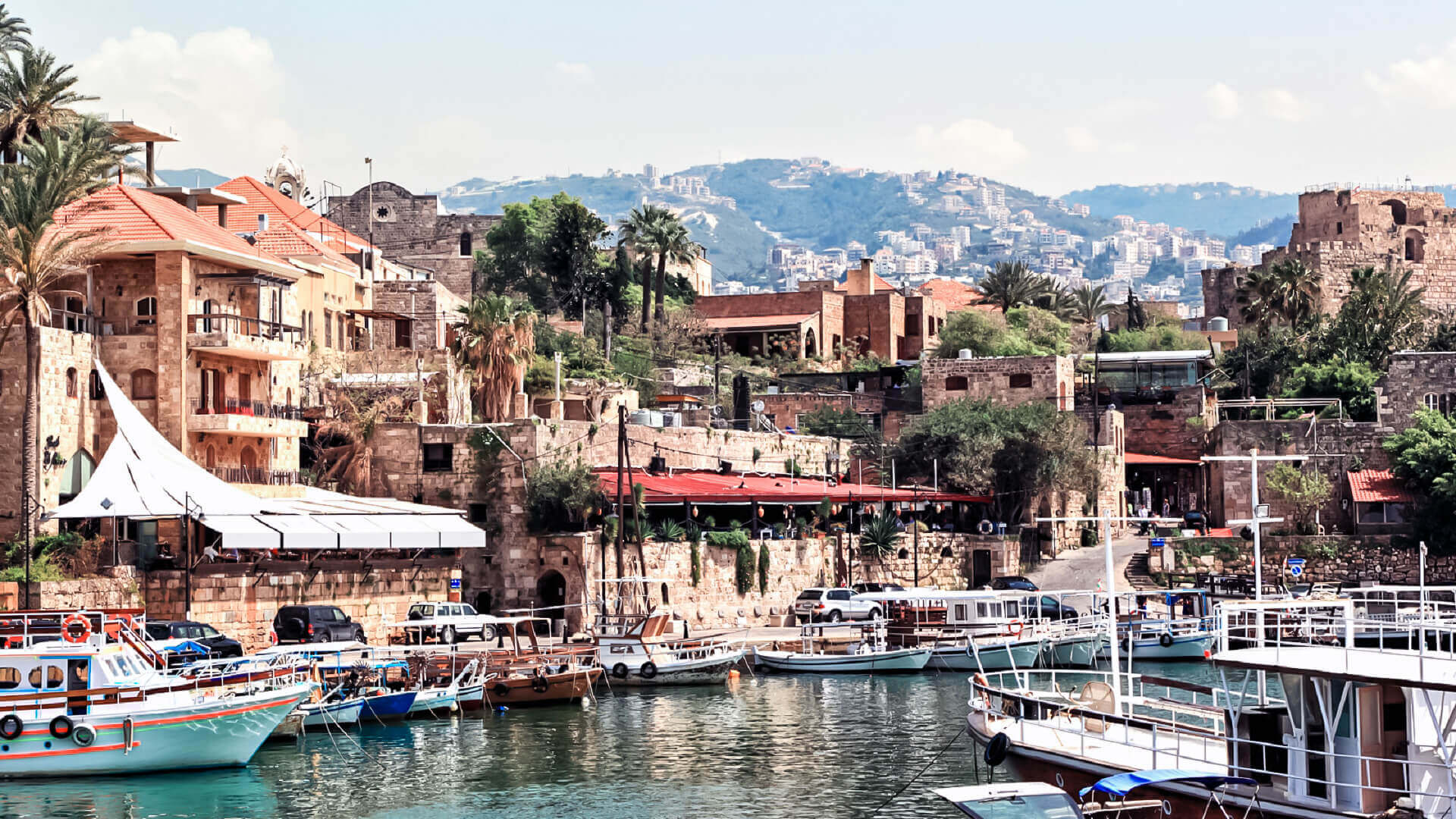[lwptoc]
Lebanon is a sovereign state in Western Asia, formally known as the Lebanese Republic. It is bounded on the north and east by Syria and on the south by Israel, while on the west by Cyprus across the Mediterranean Sea. Lebanon’s geographical position at the crossroads of the Mediterranean Basin and the Arabian hinterland enabled its illustrious past and created a religious and ethnically diverse cultural identity. With a geographical area of just 10,452 km2 (4,036 sq. mi. ), it is the smallest recognized nation on the whole Asian peninsula.
The oldest trace of civilisation in Lebanon predates recorded history by more than seven thousand years. Lebanon was home to the Canaanites/Phoenicians and their kingdoms, a maritime civilization that thrived for almost 1,000 years (c. 1550–539 BC). The area was conquered by the Roman Empire in 64 BC and ultimately developed into one of the Empire’s major centers of Christianity. A monastic tradition known as the Maronite Church was founded in the Mount Lebanon area. The Maronites retained their faith and identity when the Arab Muslims invaded the area. However, a new religious group, the Druze, established themselves on Mount Lebanon as well, resulting in a centuries-old religious split. The Maronites reestablished communication with the Roman Catholic Church and reaffirmed their communion with Rome during the Crusades. Their alliances with the Latins affected the area far into the contemporary period.
From 1516 until 1918, the area was controlled by the Ottoman Empire. During the fall of the empire following World War I, the French Mandate of Lebanon took over the five provinces that comprise modern Lebanon. The French extended the Mount Lebanon Governorate’s boundaries, which were mostly Maronites and Druze, to accommodate more Muslims. Lebanon achieved independence in 1943, creating a distinct political system known as confessionalism, a kind of Consociationalism centered on religious groups. Bechara El Khoury, President of Lebanon during the country’s independence, Riad El-Solh, the country’s first prime minister, and Emir Majid Arslan II, the country’s first minister of defense, are regarded the country’s founders and national heroes for leading the country’s freedom. On 31 December 1946, all foreign soldiers departed entirely from Lebanon. Lebanon has been a member of the International Francophonie Organization since 1973.
Despite its little size, the nation has established a well-known culture and a strong presence in the Arab world. Prior to the Lebanese Civil War (1975–1990), the nation had relative peace and prosperity, fueled by tourism, agriculture, trade, and banking. Lebanon was dubbed the “Switzerland of the East” in the 1960s due to its financial strength and variety, and its city, Beirut, drew so many visitors that it was dubbed “the Paris of the Middle East.” At the conclusion of the war, significant efforts were made to rehabilitate the economy and restore the nation’s infrastructure. Despite these difficulties, Lebanon has the highest Human Development Index and GDP per capita in the Arab world, surpassing the Persian Gulf’s oil-rich economy.


